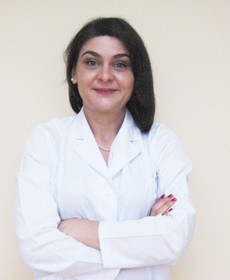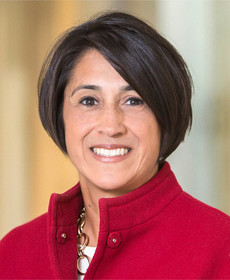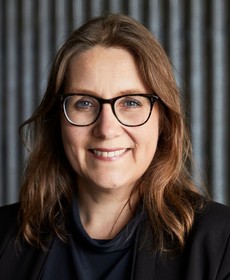S26 - Placing women at the centre of cancer care
Policies to prioritise timely diagnosis and early treatment
Session description
In 2020, an estimated 154,000 women died from women's cancers i.e., breast cancer and gynaecological cancers (e.g., cervical cancer, ovarian cancer, endometrial cancer, vaginal cancer, vulval cancer) in the EU-27, representing over 28% of the total cancer mortality that year. Women’s cancers place considerable financial and social stresses on individuals, families, communities, health systems, and economies. Moreover, diagnoses at advanced stages are associated with higher healthcare costs and have indirect effects on society. The Lancet Commission on Women and Cancer notes “it is the whole family, and children especially, who suffer when a mother dies of cancer in the prime of life.”Experts will shed light on why policies that prioritise timely diagnosis and early treatment for women with women’s cancers– such as those focusing on health literacy, women-centred pathways and integrated care – are critical for the success of Europe’s Beating Cancer Plan, reduce the burden and fatigue placed on health systems and health care workers and improve equitable access to cancer care for all women.
Speakers in this session






